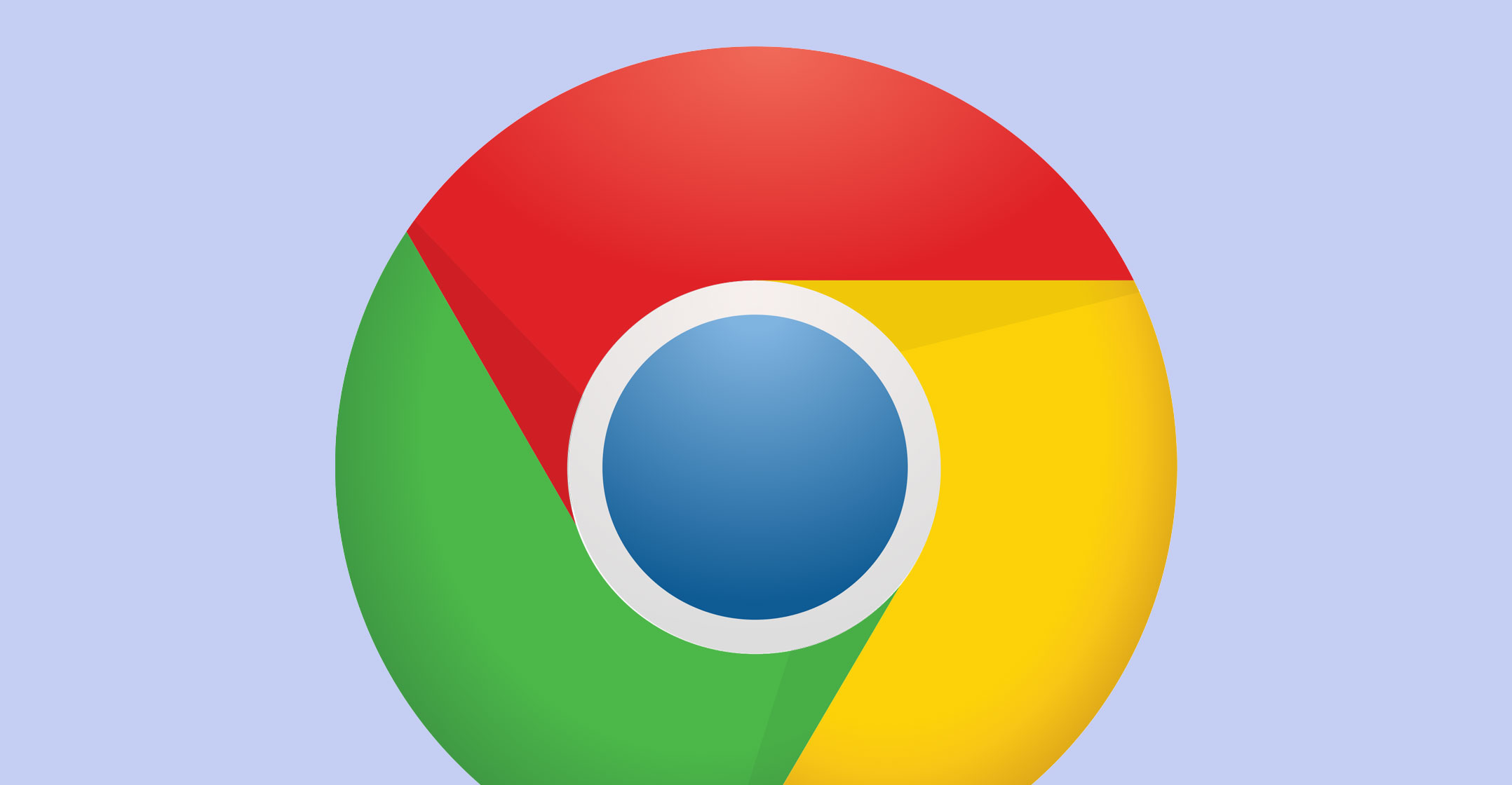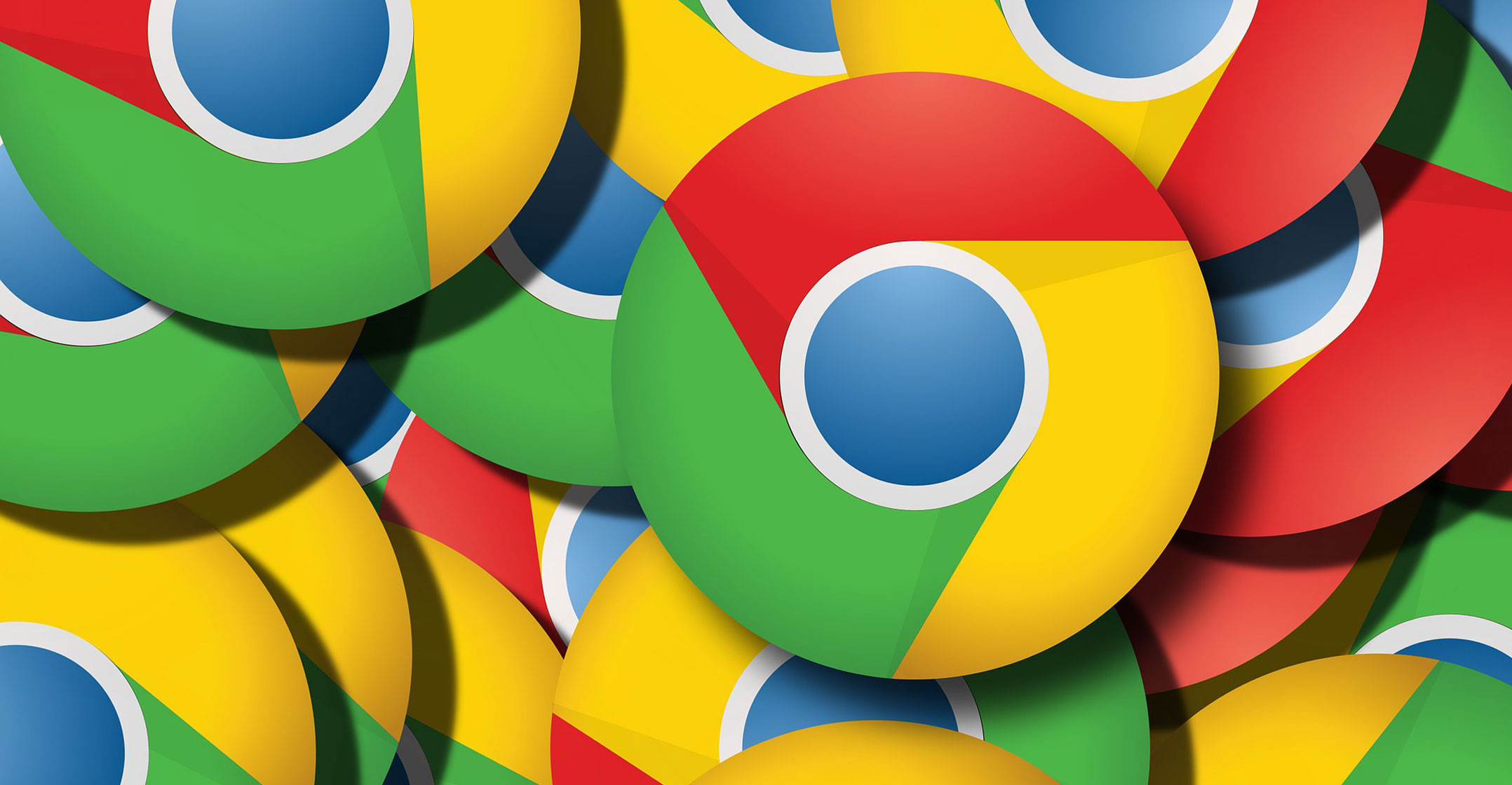 Google is upending the advertising world with its decision to “render obsolete” a key tool used by marketers for years to track would-be customers as they move around the Web: it’s phasing out the cookie.
Google is upending the advertising world with its decision to “render obsolete” a key tool used by marketers for years to track would-be customers as they move around the Web: it’s phasing out the cookie.
On Tuesday, the company said it would stop supporting third-party cookies over the next two years. Cookies — the bits of code that lodge in people’s browsers and follow them around the Web — allow advertisers to target people with ads for websites they previously visited, and keep track of which ads finally induced a purchase.
Cookies have long been a core part of how the massive online ad industry operates. Criteo, a French marketing technology company that is particularly tied into the current system, dropped 16% on the news.
Google’s decision ushers in a new reality for digital marketing, even though it’s not the only company with a similar stance. Apple’s Safari and Mozilla’s Firefox browsers already block third-party cookies, but because Google’s Chrome is used by the majority of Internet users, the company’s decision represents a major industry shift.
Getting rid of cookies “fundamentally makes everything different”, said Ari Paparo, head of digital ad firm Beeswax and a former Google executive. If the first era of online advertising was direct sales between publishers and advertisers, and the second era was algorithm-driven bidding, a system without cookies will be the third, Paparo said.
Despite the magnitude of the change, Paparo said many advertisers have had time to wean themselves off cookies. The tool’s fate had been in limbo for some time, and at least now there is clarity for the industry about what to expect, he said. Further comfort for marketers: the changes only effect desktop advertising, while many ad dollars are now pouring into mobile phones or connected televisions.
‘Archaic’
“Relevant advertising isn’t going anywhere, but cookies are an archaic technology,” said Dave Pickles, chief technology officer and co-founder of advertising tech company The Trade Desk. “The fastest growing segments of the industry, such as the booming connected TV market, rely on newer identity solutions.”
Google has billed the change as a concession to changing sentiments toward online data collection. “Users are demanding greater privacy — including transparency, choice and control over how their data is used — and it’s clear the Web ecosystem needs to evolve to meet these increasing demands,” Chrome engineering director Justin Schuh said in a blog post on Tuesday.
But even after cookies are gone, targeted advertising won’t go away completely. Google has proposed changes that would allow tracking to continue without passing personal information back to advertisers. That could give Google more power by cutting off marketers’ use of valuable data streams, while at the same time arguably increasing privacy online.
 In recent years, Google has been navigating a thicket of threats to its business, including the public’s rising demand for privacy and government investigations into whether its business practices in the ad-tech world are anticompetitive. If Google shuts advertisers out from its system too much, they could increase their complaints that it’s being unfair. But if it ignores privacy advocates, some Chrome users could decamp for other browsers.
In recent years, Google has been navigating a thicket of threats to its business, including the public’s rising demand for privacy and government investigations into whether its business practices in the ad-tech world are anticompetitive. If Google shuts advertisers out from its system too much, they could increase their complaints that it’s being unfair. But if it ignores privacy advocates, some Chrome users could decamp for other browsers.
The two-year time period for the phase-out of cookies should give marketers some time to adjust, and the search giant has said it’s seeking input from the industry as it works to find ways to help support online advertising going forward.
Google has talked about taking a more measured approach to online ads than rival browsers from Apple and Mozilla. While those companies don’t derive much money from advertising, the vast majority of Google’s revenue comes from digital ads. It’s in the company’s interest to keep advertisers spending money on its websites and ad products. Google’s empire was built on its ability to provide targeted advertising.
“Smart companies will adapt,” Paparo said. “Advertising is not going away.“ — Reported by Gerrit De Vynck and Naomi Nix, (c) 2020 Bloomberg LP

